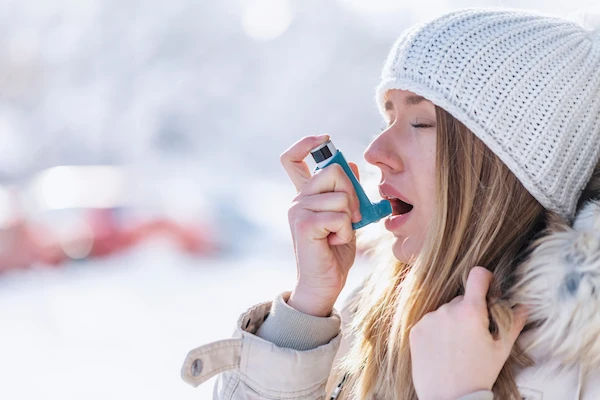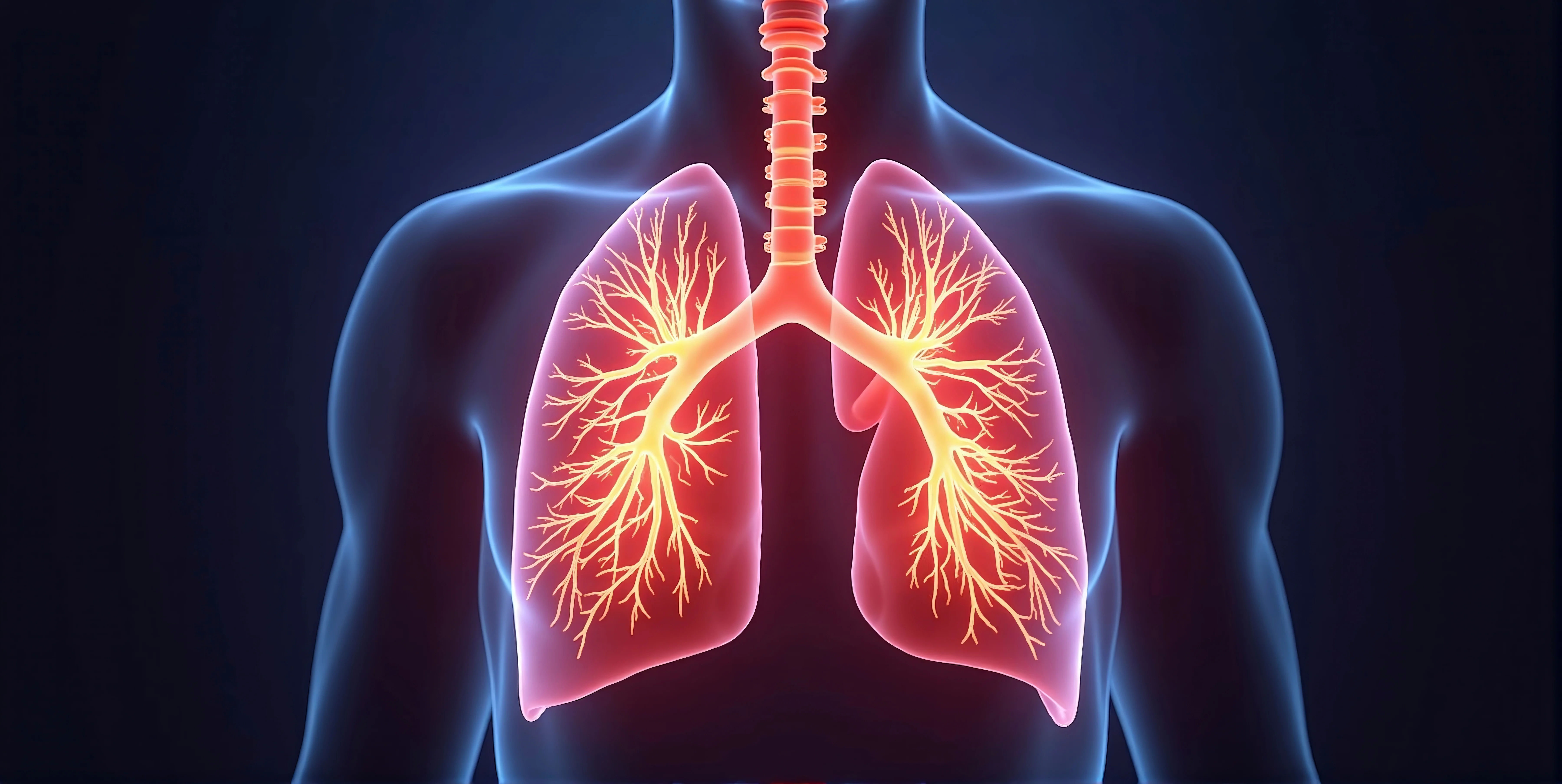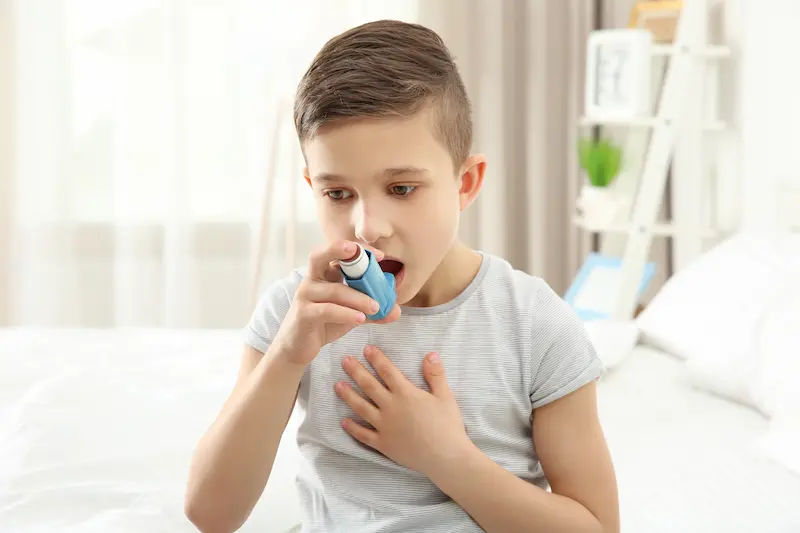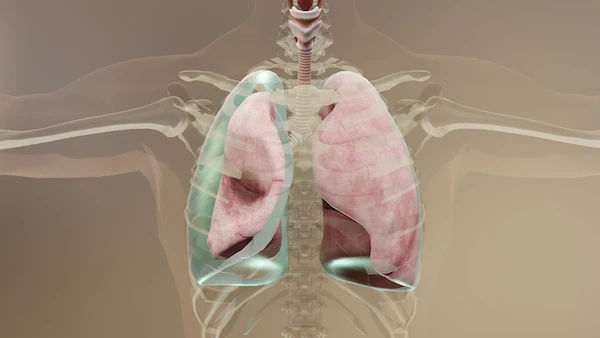- Male
- 19 Years
- 23/01/2025
Every time I breathe in, I feel this pinching pain in my lung area, and it's bothering me in both my chest and back. I've tried stretching and moving around, but it just doesn't seem to help. Could you give me some insight into what's going on?
Answered by 1 Apollo Doctors
Considerations for Angioplasty in an 87-Year-Old Grandma
Procedure Risks and Benefits
- Risks: Angioplasty carries risks, especially in elderly patients, such as bleeding, kidney damage, and stroke.
- Benefits: Successful angioplasty can improve heart function, reduce symptoms, and enhance quality of life.
Factors to Consider
- Age and frailty: At 87, your grandma's age and potential frailty may increase the risks associated with angioplasty.
- Weakened heart: Her heart's reduced function may impact her ability to tolerate the procedure.
- Successful treatment of pulmonary edema: The fact that lasix treatment was successful is a positive indicator.
Recommended Approach
- Consult a cardiologist: Discuss the risks and benefits of angioplasty with a cardiologist, considering your grandma's specific condition and medical history.
- Assess overall health: Evaluate her overall health, including her kidney function, bleeding risk, and ability to tolerate the procedure.
- Consider alternative options: If angioplasty is deemed too risky, discuss alternative treatments, such as medication or cardiac rehabilitation.
Dr. Anshul Suggests...
Consult a Pulmonology Respiratory Medicine Specialist
Answered 04/07/2025
0
0

Ask Apollo
AI powered Health Chatbot
-
Possible Causes
a. Musculoskeletal issues such as muscle strain or costochondritis.
b. Respiratory conditions like pleuritis or pneumonia.
c. Cardiac concerns, though less likely, should be considered. -
Immediate Actions
a. Monitor for additional symptoms: fever, shortness of breath, or worsening pain.
b. Avoid strenuous activities that may exacerbate the pain. -
When to Seek Medical Attention
a. If pain persists or worsens.
b. If accompanied by severe symptoms like difficulty breathing or chest tightness. -
Recommendation
Schedule a consultation with a healthcare provider for a thorough evaluation.
Recommended next steps
Consult a Pulmonology Respiratory Medicine Specialist or Consult a General Physician/ Internal Medicine Specialist
Answered 20/08/2025
0
0

More Pulmonology/ Respiratory Medicine Health Queries
View allI'm wondering when during the day I should be checking my blood oxygen levels. I've got an oximeter at home, but I'm not sure how often or what times are best to use it. Could you give me some guidance on this?
-Hi, it's generally recommended to check blood oxygen levels 2-3 times a dayonce in the morning, once in the afternoon, and once before bed. You can also check if you feel short of breath or dizzy, or if you're monitoring a specific health condition.
Answered by 1 Apollo Doctors
I'm trying to figure out the difference between an MDI inhaler and an MDI transhaler. I know transhalers are used with transpacers, but is there anything else that sets them apart? Like, are there differences in how they work, how effective they are, or even side effects? I'd love to get some insight on this.
Transhalers are easy,and delivery of the drug is much assured.if you have good hand, mouth co ordination, Mdi are also good.if you do not have good co ordination, transhalers are best.
Answered by 1 Apollo Doctors
I'm having some trouble with my breathing that's been going on for about 10-12 days. I'm constantly feeling the need to take deep breaths, yet exercising like jogging or using stairs doesnt seem to be a problem. It's odd because I'm yawning a lot during the day, and it seems to get worse at night. I'm really puzzled and a bit worried about what might be causing this. Could you help me understand what's going on?
ENT opinion is advised to the patient.
Answered by 1 Apollo Doctors
Disclaimer: Answers on Apollo 247 are not intended to replace your doctor advice. Always seek help of a professional doctor in case of an medical emergency or ailment.





.webp)